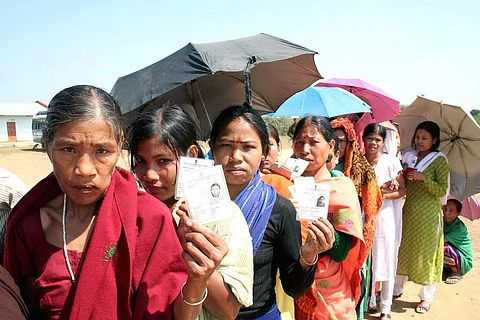

It is commonly held that while even the lowest paying jobs in the public sector mandate at least a school leaving certificate, there is no such requirement for the citizens of India to rise to the helm of political power. Indeed, a casual glance at the declared and often controversial, educational qualifications of the Members of Parliament or State Assemblies is disquieting.
For the ministers within all such political institutions that make or break a nation, the average years of school attended appears dismal. There should be absolutely no doubts, however, that India has had a long history of not just educated but truly erudite political leaders who created a unique and resilient set of democratic institutions that have matured over time. And yet, more recent endorsements have yielded a large number of poorly educated candidates. Is this because education serves as a poor signal of the leadership, integrity and performance indicators of the leaders? It is inconceivable that education does not comprehend and improve policymaking that touches millions of lives.
Moreover, education seems to be the only signal about the ability of a candidate to deliver, particularly in the absence of performance history. The inability of the poorly educated candidates to participate in debates and policy matters allows a few to hijack and transfer all the social benefits to private gains, eventually. In fact, the political leadership at the national level had seen a watershed about two decades back when rustic vibes and approaches, however, constructed and artificial, became salient features for representing the poor in the country. This rapidly dug into the identity and class politics that erstwhile elites had also expropriated regularly, but subtly. The regime shift implied that being educated does not offer additional personal returns to political leaders.
Instead, unsubstantiated promises made to the poor easily drive out the truth-teller. This circle of ignorance has other impacts — temporal and perpetual. If educated political leaders do not have sufficient demand, there would be too few in supply. At any rate, since informed policymaking creates social gains beyond individual capture, poor countries have less of it. Consequently, if under-educated leaders rise to power, an individual gains overshadow social returns. This is tell-tale for India as observed from the individual net worth of several candidates. To guarantee participation by educated and sensible lawmakers in reshaping contemporary India, a constitutional amendment can alone be the saviour.
(Saibal Kar is the Professor of Economics, Centre for Studies in Social Sciences, Calcutta)
(Views expressed are the author's own)
